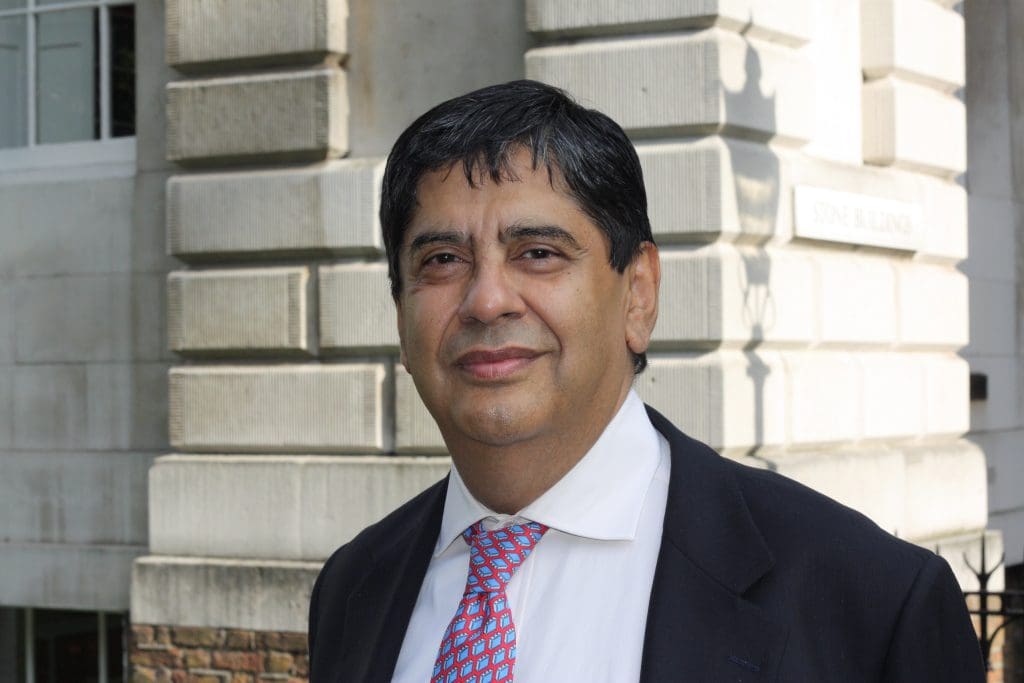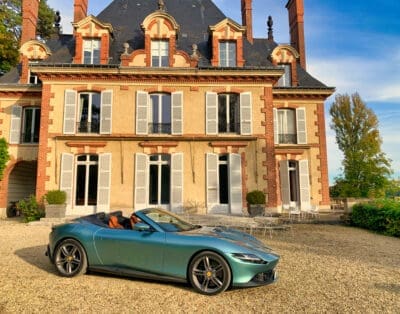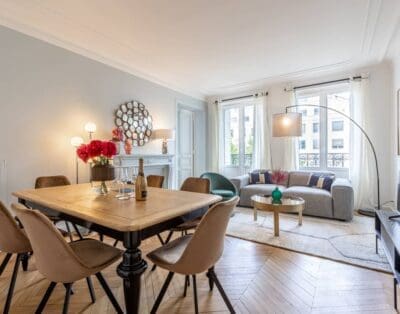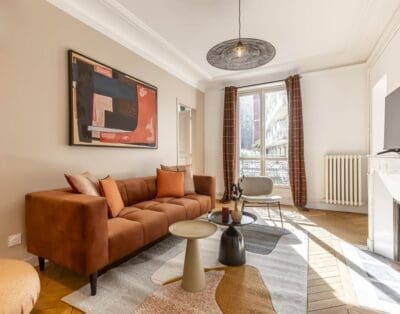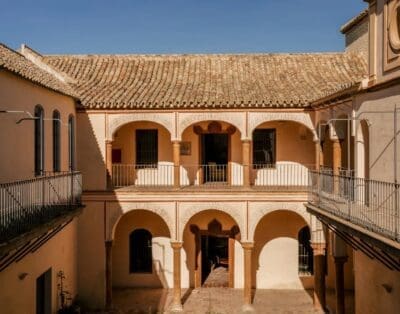International Lawyer Mr Sarosh Zaiwalla Interview
International eXcellence Interviews International Lawyer Mr Sarosh Zaiwalla
Where and what was your childhood like?
I was fifth born in a Parsee family of six. My father had qualified as an English solicitor, who had returned to India after qualifying in London and commenced his own practice in Mumbai. I went to a Jesuit school in Mumbai.
Where did you train to be a lawyer and why?
I trained at an English solicitors firm on Fleet Street in London in the late 70s. It was essentially a Maritime Law firm. I faced several obstacles at the time, but managed to overcome these with honest hard work and tenacity. I was strongly advised by many to anglicize my name when I arrived in the UK. However, I resisted this and it has paid off. In fact retaining my Indian name was an advantage because I later found that many others who had anglicized their names were not respected by the local community.
When and how did you start your company?
A very eminent Maritime Arbitrator Cedric Barclay advised me that as an Indian, I would never reach any heights at an English firm in the City of London, and that the best thing to do would be to set up my own firm. At the time this was quite a bold and usual step for someone of Indian origin to take.
In 1982 I started my own small law firm – Zaiwalla & Co Solicitors – on Chancery Lane in the heart of London. I was fortunate enough to have obtained instructions from the Indian High Commission, which continued my involvement in International Shipping Arbitration. At that time the Indian Government had to charter hundreds of ships to bring wheat from the USA to Indian ports under the US PL 480 aid programme.
Who have been the most interesting clients and why?
There have been so many fantastic cases and memorable moments that I have been lucky to be a part of. Two that spring to mind are: the case we mounted, and are still taking forward, for Bank Mellat, Iran’s largest private bank, whereby we successfully fought and won the case in the UK Supreme Court that trading sanctions placed on Bank Mellat by the UK Government were unlawful. The case is a very interesting one in that it raises issues about the dubious nature of ‘secret courts’, whereby not all parties have access to all the trial information. As well as huge potential costs to the tax payer, the case has raised serious concerns about the way legal challenges in the British and European courts are undermining sanctions against Iran. Government officials would now have to think extremely carefully before blacklisting Iran-linked companies, potentially reducing the sanctions’ effect.
Another landmark case was that of Shah versus the banking giant HSBC. Zaiwalla and Co successfully represented the Claimant Mr Shah in a US$ 330m case against HSBC, which involved consideration, for the first time by the English Courts, of whether an innocent customer can test in Court a bank’s claim that it had suspicions of money laundering which caused it to freeze its own customer’s account. This was a ‘landmark judgment’, before which banks and law firms ‘could act on a hunch about a client’s transactions without disclosing the necessary information. This judgment has far reaching implications for banks, as the Court in this case has for the first time ruled that the banks are now accountable for their conduct in reporting suspicions of money laundering.
What actions and qualities most contributed to your success?
It may sound simplistic to say this, but hard work, determination, integrity, honesty, and a genuine desire to help the downtrodden and restore justice where it is abused.
What is the best day you ever had?
The best days of my life were when my two children Freya and Varun were born. They are both lawyers now.
What is your favourite thing to do when not working?
I enjoy spending time at my house by the sea in West Sussex. I also like to meet up with friends who I may not have seen for a while. I also enjoy travelling, both for business and for holiday. I love seeing and experiencing new traditions and cultures, and I enjoy new challenges.
Your favourite city and why
My favourite city is London because it is truly an international city with its own unique and civilised culture.
Name 5 things to do to increase the quality of or to live a good life?
Knowing the purpose of your life. Bahaullah said in his writings “ He had known God who had known Himself”. When you begin the search to know yourself, the divinity present in all of us shines and brings contentment in one’s life.
Being kind and giving to charity. It is very important to think of others in society and to give back, particularly if you are in a position to make a difference.
Getting a good education and developing your skill-set to its fullest potential.
A healthy work-life balance is important. Focusing on your career is good, but it is also vital to take time out to relax and do the things you enjoy.
Caring for the environment is also an important element that not enough people think about. The environment always seems to be ‘someone else’s responsibility’. We will only make a real difference when we collectively start caring for the planet.
Which two people do you admire the most?
I would say Bahaullah, the Founder of the Bahai Faith and Mahatma Gandhi. The Bahai Faith with its underlying principle of ‘One World One Mankind’ is the need of the day for our world. I admire Mahatma Gandhi for his adherence to absolute honesty.
What are you working on now and what are your plans for the future?
I am working on my solicitors firm in London going international with offices in other capital cities. We are the first solicitors firm in the City of London started by a person from Asia.
Can you recommend someone or something for an excellence award?
I would recommend any institution or person who works to promote the Unity of Mankind.

